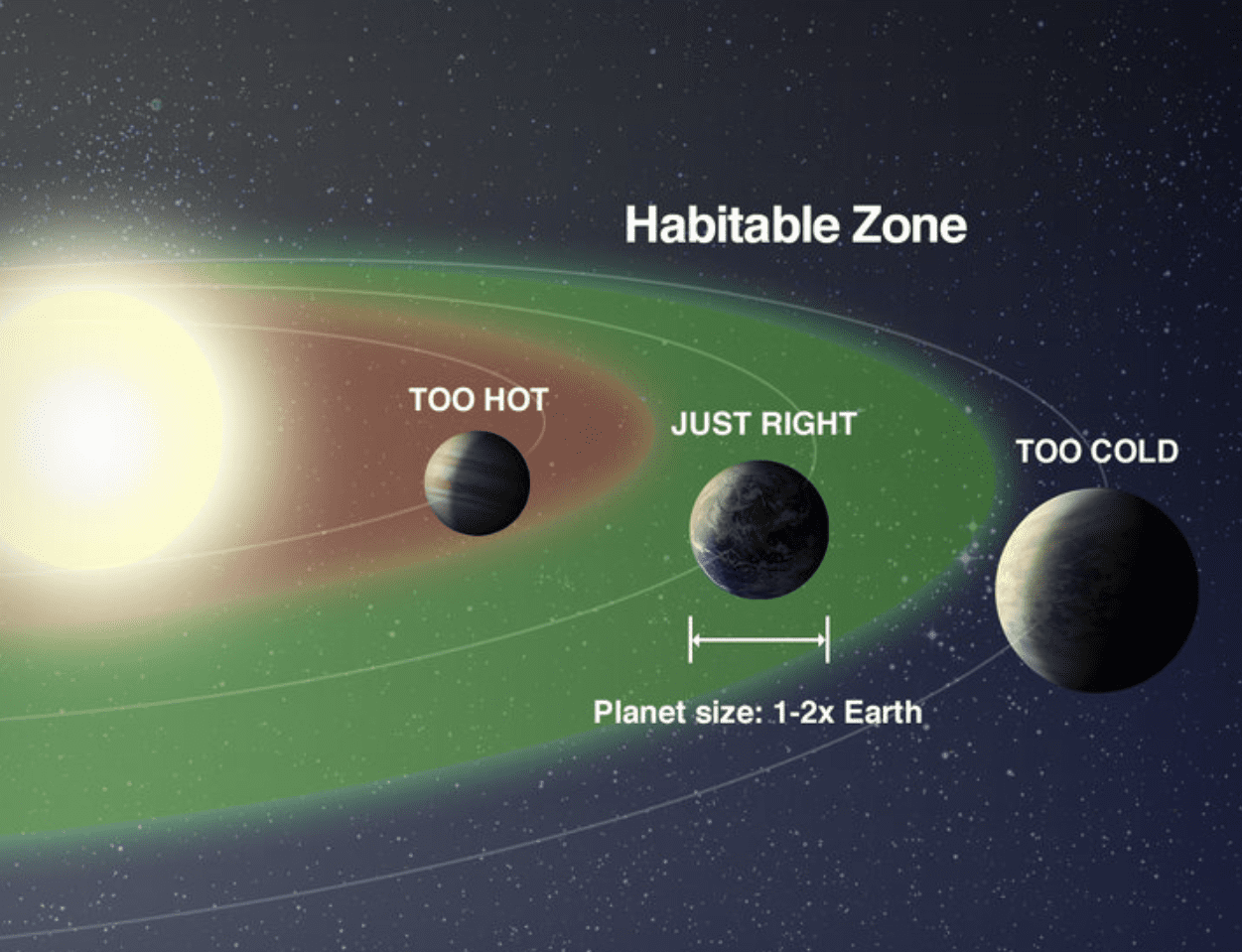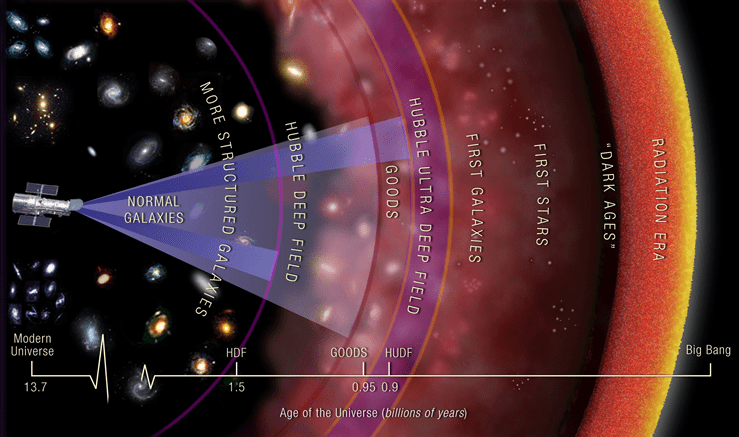Possible Preaching Themes
Possible Scientific Resources
- The wayward son in the prodigal son draws our attention, but there is much to be learned from the graciousness of his father.
- It requires extreme strength of faith, even to welcome back our own flesh and blood, when we feel utterly betrayed.
- What would it look like to exercise the same relentless love of the prodigal son’s father with all those who squander what we have entrusted to them?
- The sustenance of God also entails our tilling of the soil.
- Sometimes, manna appears in our lives, as it did for the Israelites.
- But more often than not, we must cultivate livelihood from working with the conditions of the land where we find ourselves.
- In Christ we are a new creation.
- Forgiveness not only reconciles us with God and one another, it also brings healing and renewal.
- Through the redemption of Christ we also have the ability to spread the newness of God in the lives of others and all throughout creation.
- Scientists are mapping gratitude, how it is formed and motivated in children and whether gratitude makes people happy across cultures.
- An accessible “Charting a global Map of Gratitude” from the Templeton Foundation
- A quick read on the science of gratitude with a short video
- Working harder is not necessarily healthier:
- The reporting of a study on the negative impact of hard physical work
- Another short summary on another study on this topic, with a link to a longer PowerPoint presentation on the topic
- Plants make audible sounds when dehydrated or cut:
- A short summary article from Smithsonian Magazine on this phenomenon
- The long and somewhat technical study behind the popular reporting on this phenomenon
Homily outline: God cares for us in all circumstances (combining all resources)
- In the prodigal son, we witness the reintegration and celebration of a wayward son:
- A forgiving father placates a jealous and dutiful son and brother while receiving back as family another brother who has squandered his inheritance on dissolute living.
- Often the wayward son draws the most attention in the parable, and perhaps even the jealous son does, but it is the merciful and magnanimous father who exemplifies love of biblical proportion.
- His implicit commitment to the graciousness of God and gratefulness of the wayward son’s return radiate with more power than any latent desire to punish the prodigal son and side with the envious brother.
- Gratitude seems elemental to the forgiveness shown in the parable and scientists are studying how gratitude takes root in individual children and how it may contribute to happiness across cultures:
- If the formation, motivation, practice, intelligibility, and value of gratitude can be measured and studied, such scientific data could support why the graciousness of God has such concrete benefits.
- Scientific data regarding gratitude could also assist with developing techniques to assist with the learning of gratitude and the expression and reception of gratitude.
- The prodigal son is mistaken in thinking that by becoming a hired worker he will return to the good graces of his father.
- The jealous brother is also mistaken to think that his obedience to his father and his previous hard work would render him greater than the lost prodigal son.
- No, the work God is most interested in is the work of mercy, applying ourselves to the difficult task of forgiving and receiving as God does.
- Only the father grasps the crucial and painstaking task to be undertaken:
- Cultivating effective gratitude requires the right kind of effort and work.
- Modeling the graciousness of the “prodigal” father requires more than going through the motions of mercy, like “slaughtering a fattened calf.”
- Scientists have shown that hard physical labor can contribute to dementia, heart disease, and even death.
- Cultivating effective gratitude does involve strenuous piety that, unlike hard physical labor, is good for us physically as well as spiritually.
- Today’s second reading calls us to become ambassadors of Christ:
- This requires divinely-inspired diplomacy resulting from the rigorous exercise of our spiritual imagination.
- The father had to see the prodigal son not as degenerate but as a child worthy of forgiveness and renewing love.
- Being an ambassador of Christ and modeling the otherworldly forgiveness of the “prodigal” father missions us to stay alert for calls for forgiveness and the subtleties of the world’s pain all around us.
- The subtleties of the world’s pain has been underscored by recent studies that reveal that even plants cry out when cut or dehydrated.
- While plants emit these distress sounds at an ultrahigh frequency, scientists have learned to tune in to their distress.
- How will we tune ourselves to the nearly silent outcries from creation as well as more pronounced pleas for the mercy and justice from oppressed peoples around the world?
- Today we again commit ourselves to such attunement in our mission to be ambassadors of reconciliation in Christ.
Related Homily Outlines
Couldn’t find what you’re looking for?
Try searching with another filter

Preaching with Sciences

Edward Foley, Capuchin
Duns Scotus Professor Emeritus of Spirituality
Professor of Liturgy and Music (retired)
Catholic Theological Union
Vice-Postulator, Cause of Blessed Solanus







